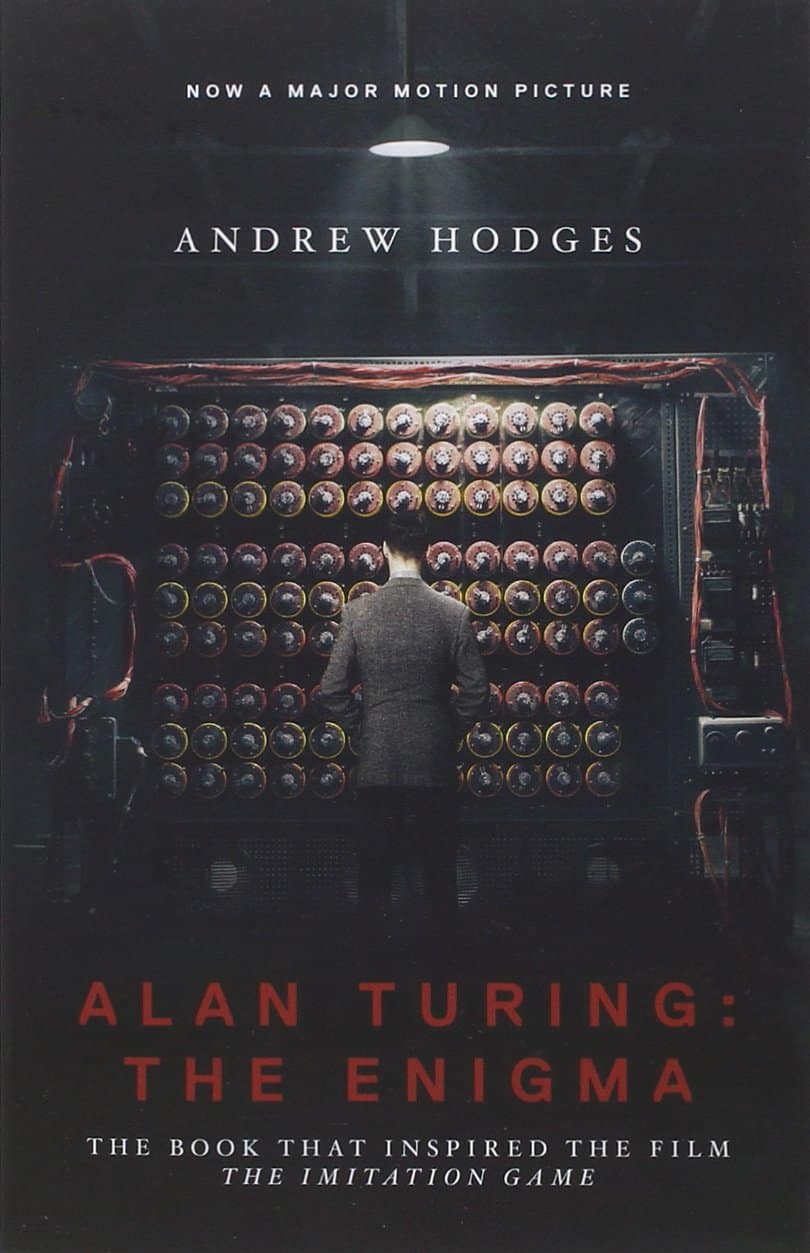British mathematician Alan Turing (1912–1954) made history. He enabled Allied-American control of the Atlantic during World War II by cracking the German U-boat Enigma cipher. However, Turing’s vision extended much beyond the frantic war effort. He developed the idea of the universal machine, the cornerstone of the computer revolution, as early as the 1930s. He was a pioneer in the development of electronic computers in 1945. However, Turing’s actual objective was the scientific comprehension of the mind, which he expressed in his prediction for the twenty-first century as well as in the drama and wit of the well-known “Turing test” for artificial intelligence.
CATEGORIES
Alan Turing: The Enigma
British mathematician Alan Turing (1912–1954) made history. He enabled Allied-American control of the Atlantic during World War II by cracking the German U-boat Enigma cipher. However, Turing's vision extended much beyond the frantic war effort. He developed the idea of the universal machine, the cornerstone of the computer revolution, as early as the 1930s. He was a pioneer in the development of electronic computers in 1945. However, Turing's actual objective was the scientific comprehension of the mind, which he expressed in his prediction for the twenty-first century as well as in the drama and wit of the well-known "Turing test" for artificial intelligence.
- Tags: Biography, Books for 2022, Cambridge Math Book List, History, Princeton, Science
- Added on:

Thanks for reading!






